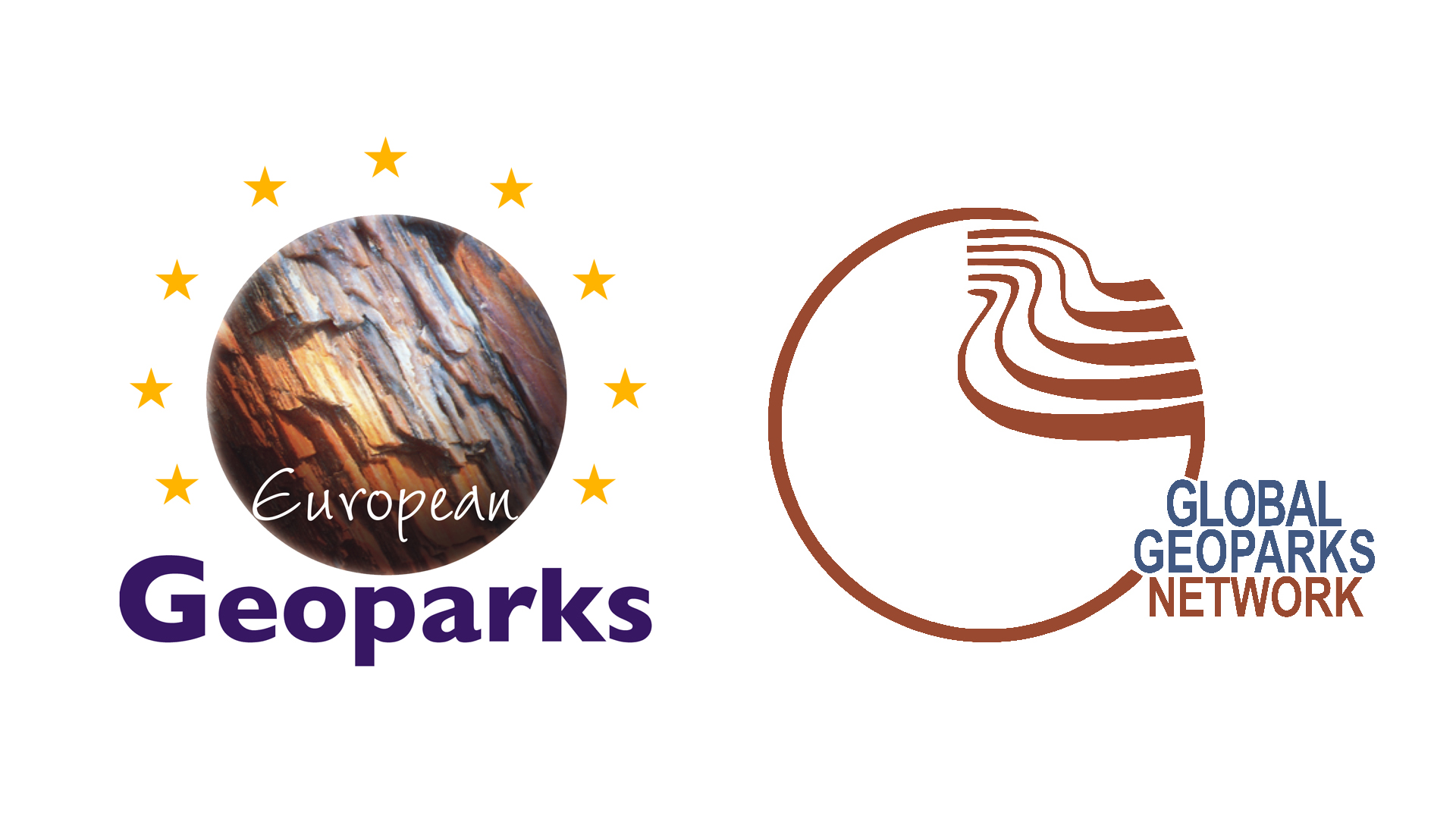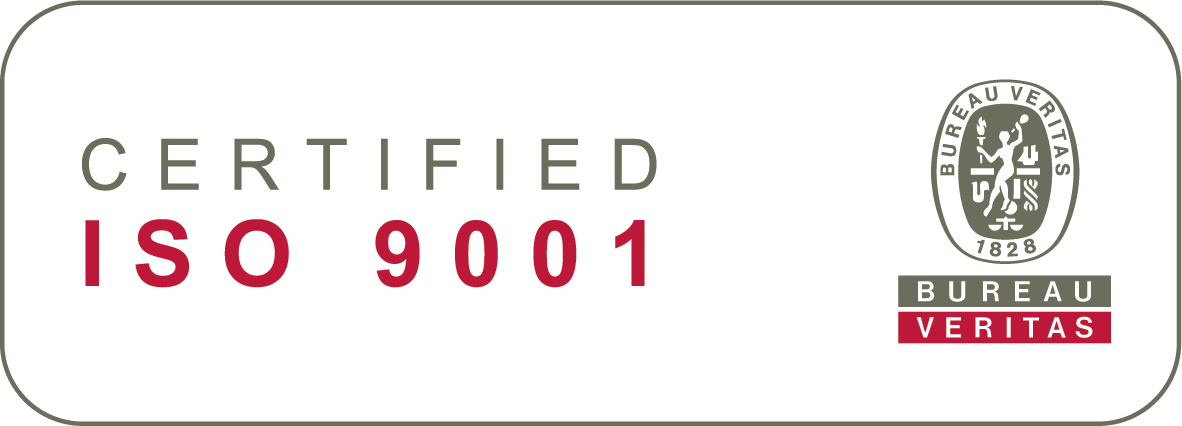
Hellenic Geoparks Forum
Τhe Hellenic Geoparks Forum was established in order to coordinate the activities and actions on issues that are related with the promoting of geosites and the development of Geoparks in Greece. In the Hellenic Geoparks Forum are represented the following areas that have been recognized as UNESCO Global Geoparks:
Lesvos Island (2000, 2012)
Psiloritis Natural Park (2001)
Chelmos – Vouraikos National Park (2009)
Vikos – Aoos National Forest Park (2010)
Sitia Geopark (2015)
The aims for the establishment of the Forum are the coordination and promotion of the Hellenic Geoparks and the strengthening of the efforts for the promotion of geological monuments and sites of the geological and geomorphological heritage of Greece.
The actions of the Hellenic Geoparks Forum include initiatives for the development and recognition of Geoparks at national level, as well as for the support and strengthening of the European Geoparks Network and the Global Geoparks Network through the organization of special actions.
More information: Hellenic Geoparks Forum
European Geoparks Network
The European Geoparks Network was established in June 2000 in Lesvos, by operators responsible for the management of areas with special geological heritage in 4 European countries:
Reserve Géologique de Haute-Provence (France)
Natural History Museum of the Lesvos Petrified Forest (Greece)
Geopark Gerolstein – Vulkaneifel (Germany)
Maestrazgo Cultural Park (Spain)
These bodies have decided to cooperate within a European network, sought and encourage the participation in the network of areas from all over Europe, aiming to the protection, utilization and promotion of geological heritage through cooperation and exchange of good-practice and experience.
Key objectives are the promotion of environmental education and of sustainable development of the Geoparks areas, through the development of activities that contribute to the establishment of thematic tourism. Network members are holders of the distinguishing sign “European Geopark”, which has been enshrined in all EU countries. Since 2015, the European Geoparks Network operates as the regional network in Europe of the Global Geoparks Network. As of September 2016, 70 UNESCO Global Geoparks from 23 European countries participate in the European Geoparks Network.
In April 2001 the European Geoparks Network signed with UNESCO (Division of Earth Sciences) an official agreement of collaboration placing the Network under the auspices of the organization.
The Network is coordinated by the Coordination Committee based in the Réserve Géologique de Haute - Provence, which operates in collaboration with the other members. The Coordination Committee, consisting of two representatives from each member-administrator, meets regularly to review the progress of the Network.
An Advisory Group has been set up within the Network, consisting of two experts from each geographical area that has been a founding member of the network and an UNESCO representative. The two experts should be recognized as such, in the field of sustainable development based on geotourism, as well as the protection and promotion of geological heritage.
The Coordination Committee of the Network examines applications for the award of the "European Geopark" and is the only one responsible for awarding the above title to the candidate area.
The Network’s Coordination Committee agrees to ensure the creation and greatest possible expansion of the European Geoparks Network and its collaborating members.
According to the European Geoparks Charter:
1. A European Geopark is a territory which includes a particular geological heritage and a sustainable territorial development strategy supported by a European programme to promote development. It must have clearly defined boundaries and sufficient surface area for true territorial economic development. A European Geopark must comprise a certain number of geological sites of particular importance in terms of their scientific quality, rarity, aesthetic appeal or educational value. The majority of sites present on the territory of a European Geopark must be part of the geological heritage, but their interest may also be archaeological, ecological, historical or cultural.
2. The sites in European Geopark must be linked in a network and benefit from protection and management measures. No loss or destruction, directly or via sale, of the geological values of a European Geopark may be tolerated.
3. The European Geopark must be managed by a clearly defined structure able to enforce protection, enhancement and sustainable development policies within its territory.
4. A European Geopark has an active role in the economic development of its territory through enhancement of a general image linked to the geological heritage and the development of Geotourism. A European Geopark has direct impact on the territory by influencing its inhabitants’ living conditions and environment. The objective is to enable the inhabitants to re-appropriate the values of the territory’s heritage and actively participate in the territory’s cultural revitalization as a whole.
5. A European Geopark develops, experiments and enhances methods for preserving the geological heritage.
6. A European Geopark has also to support education on the environment, training and development of scientific research in the various disciplines of the Earth Sciences, enhancement of the natural environment and sustainable development policies.
7. A European Geopark must work within the European Geopark Network to further the network’s construction and cohesion. It must work with local enterprises to promote and support the creation of new by-products linked with the geological heritage in a spirit of complementarity with the other European Geoparks Network members.
More information: European Geoparks Network
Global Geoparks Network
The entire island of Lesvos has joined the Unesco Global Geoparks Network and the European Geoparks Network, extending the boundaries of the existing Petrified Forest Geopark to all over Lesvos. The decision to declare Lesvos as a GEOPARK was ratified during the meeting of the UNESCO Geoparks Office in the framework of the 11th European Geoparks Conference held in the Arouca region of Portugal, from 19 to 21 September 2012.
Geoparks operation and management is characterized by bottom-up approach and networking. Their approach in combining conservation with sustainable development, while involving local communities is becoming increasingly popular.
At present, there are 147 UNESCO Global Geoparks in 41 countries. The Lesvos island UNESCO Global Geopark was successfully revalidated in 2016 for the period 2017-2020.
UNESCO’s work with geoparks began in 2001. In 2004, 17 European geoparks (among them the Lesvos Petrified Forest) and 8 Chinese geoparks came together at UNESCO headquarters in Paris to form the Global Geoparks Network (GGN) where national geological heritage initiatives contribute to and benefit from their membership to a global network of exchange and cooperation.
On 17 November 2015, the 195 Member States of UNESCO ratified the creation of a new International Geosciences and Geoparks Programme and through this the creation of a new label, the UNESCO Global Geoparks, during the 38th General Conference of the Organization. This expresses governmental recognition of the importance of managing outstanding geological sites and landscapes in a holistic manner.
UNESCO supports efforts to establish UNESCO Global Geoparks all around the world, in close collaboration with the Global Geoparks Network.
As UNESCO Global Geoparks can be recognized unified geographical areas where sites and landscapes of international geological significance are managed with a holistic concept of protection, education and sustainable development.
A UNESCO Global Geopark uses its geological heritage, in connection with all other aspects of the area’s natural and cultural heritage, to enhance awareness and understanding of key issues facing society in the context of the dynamic planet we all live on, mitigating the effects of climate change and reducing the impact of natural disasters. By raising awareness of the importance of the area’s geological heritage in history and society today, UNESCO Global Geoparks give local people a sense of pride in their region and strengthen their identification with the area. The creation of innovative local enterprises, new jobs and high quality training courses is stimulated as new sources of revenue are generated through sustainable geotourism, while the geological resources of the area are protected.
A UNESCO Global Geopark has some specific characteristic features:
- It has a management plan, capable of supporting sustainable socio-economic development, most likely based on geotourism.
- Implements and promotes methods for the preservation and promotion of geological heritage and provides opportunities for education in various fields of geosciences as well as in broader environmental issues.
- It operates in collaboration with state authorities, local communities and individuals.
- It is part of a global network that demonstrates and shares best practices for the conservation of the Earth's heritage and integrates it into sustainable development strategies.
- Geoparks are areas in which the Earth's geological heritage is protected and managed sustainably.
UNESCO considers that the success of the civil protection and conservation of the geological-geomorphological heritage can only be achieved through strong local involvement. Thus, proposals for the recognition of geoparks should come from local communities and local authorities only with a strong commitment to the development and implementation of a management plan that will meet the financial needs of the local population while protecting the landscape in which they live. This initiative provides the means for the international recognition of important geological sites.
More information: Global Geoparks Network









